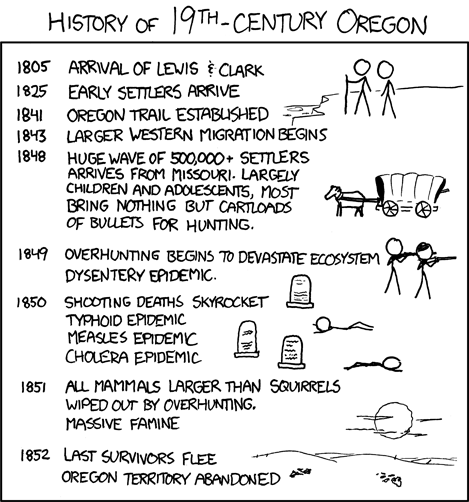For the past 7 Novembers I have been a North Carolina Baptist and I have attended the North Carolina Baptist Convention. For at least 3 of those years I have had a conviction that the state convention keeps entirely too large an amount of cooperative program funds. I have considered making an amendment from the floor to move toward a 50/50 split between the BSCNC and the SBC. At one time I even consulted some friends about the best way to do this. Ultimately I decided that the timing was not right for North Carolina. (At least not yet.) I am no longer a North Carolina Baptist. I am now a Kentucky Baptist, and today I believe we made history. (I guess Florida beat us to the punch, but only because their convention was last week.) Today we voted to move toward a 50/50 split between the KBC and SBC. We voted to do so within 10 years. This represents a 14% change. Even more significant, there will be a 5% change in thisyear's budget.
This change in the way we fund the CP was a part of a report from the KBCs Great Commission Resurgence task force. There were 4 recommendations as part of that report, and I expected that someone would make a motion to consider each part separately. No one did so. There was a motion offered to ignore the report, make a 1.5% change and thank the committee for existing, but it failed handily. The discussion was remarkably civil. I didn’t even hear groans or commentary from the crowd. The recommendations passed with 2/3rds majority and I am proud. I believe this was a great move for Kentucky Baptists. It demonstrates real commitment and not just lip-service to taking the message of Christ to the nations.
Here are some other thoughts –
Today I served as a teller. It was my first time serving in any capacity at a convention, and I was glad to do so. Interestingly the ballots in my bucket twice were in conflict with the final tally.
You may notice that I share a name with the president of the convention. Don Mathis was an excellent moderator and even if we were not related I would say so.
My former church, Mexico Baptist, was recognized for being number one in per-capita giving to the CP.
The body as a whole at the KBC is a much younger group than in North Carolina. I was impressed with this. I think it shows a bright future for the convention. People are always saying that the younger generation is not interested in identifying with the SBC. But today gives me hope that that is not true. Kevin Smith said today that if only gray-hairs are happy, then something is wrong. I agree and I believe that many of the younger generations were happy.
If you missed the shiny shirts that the choir wore at today’s meeting, you really missed something. I cannot do them justice with words.
The pastor’s conference last night was wonderful. It featured 3 premier preachers, Johnny Hunt, Danny Akin, and Alistair Begg.
The youth ministers’ meeting was yesterday as well. I was challenged to think about some stuff, and I appreciated each of the speakers. (Especially because they kept it short) It was definitely worth my time. We had nothing like that in North Carolina. I am grateful to Joe Ball for his leadership and his desire to see us fellowship as a group.

 I have written before
I have written before
 I thought I would give a bit of a preview of the major things to look out for before I go. I am sure that I won't do as good a job as some
I thought I would give a bit of a preview of the major things to look out for before I go. I am sure that I won't do as good a job as some  Before I answer, in the interest of full disclosure, I should let you in on my bias today. I serve on my associational
Before I answer, in the interest of full disclosure, I should let you in on my bias today. I serve on my associational 
 Another thing I'm sure of is that the problem is not that the message of Christianity is irrelevant. In fact, the message is inherently relevant. There simply is nothing more important to the lives of people than the peace, hope and purpose that comes from knowing Christ. What was our President's campaign slogan? One four-letter word - HOPE. That message was incredible powerful and popular. That fact should tell us something. People are looking for hope. Christianity, or rather, Christ offers real hope that won't fade. Hope in the government is pointless and will ultimately fail, but the hope from our salvation is real.
Another thing I'm sure of is that the problem is not that the message of Christianity is irrelevant. In fact, the message is inherently relevant. There simply is nothing more important to the lives of people than the peace, hope and purpose that comes from knowing Christ. What was our President's campaign slogan? One four-letter word - HOPE. That message was incredible powerful and popular. That fact should tell us something. People are looking for hope. Christianity, or rather, Christ offers real hope that won't fade. Hope in the government is pointless and will ultimately fail, but the hope from our salvation is real.